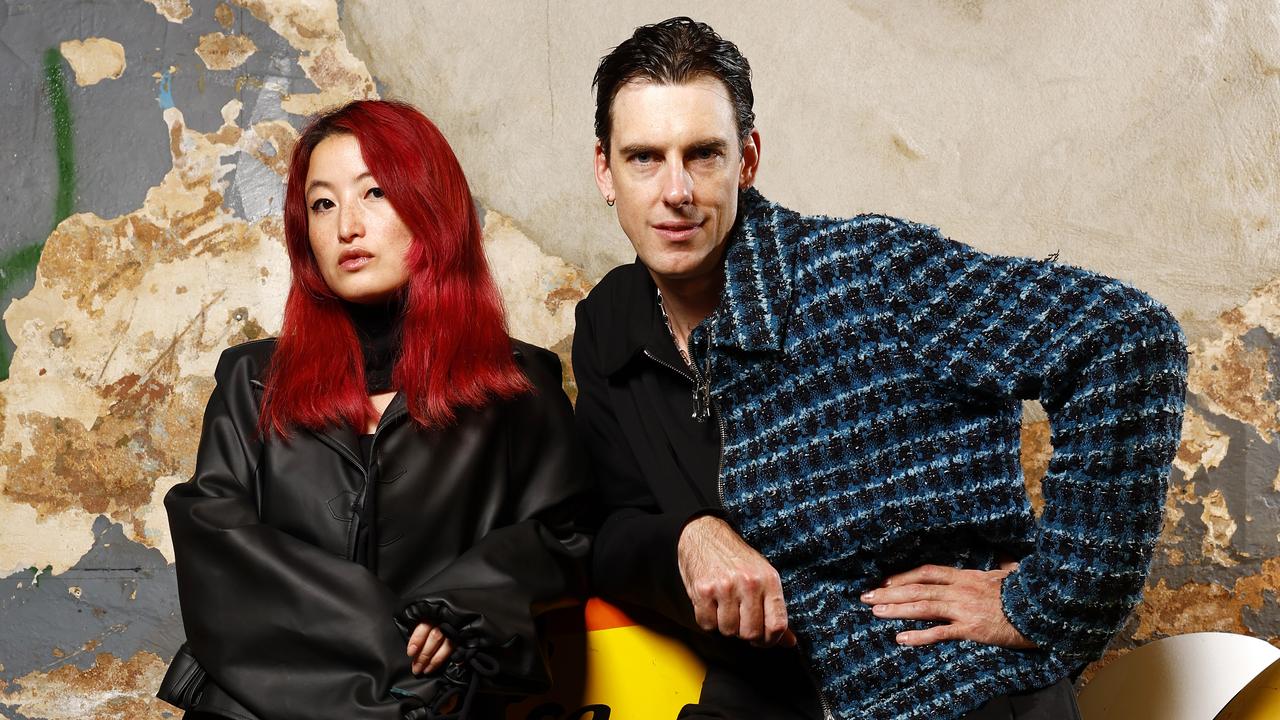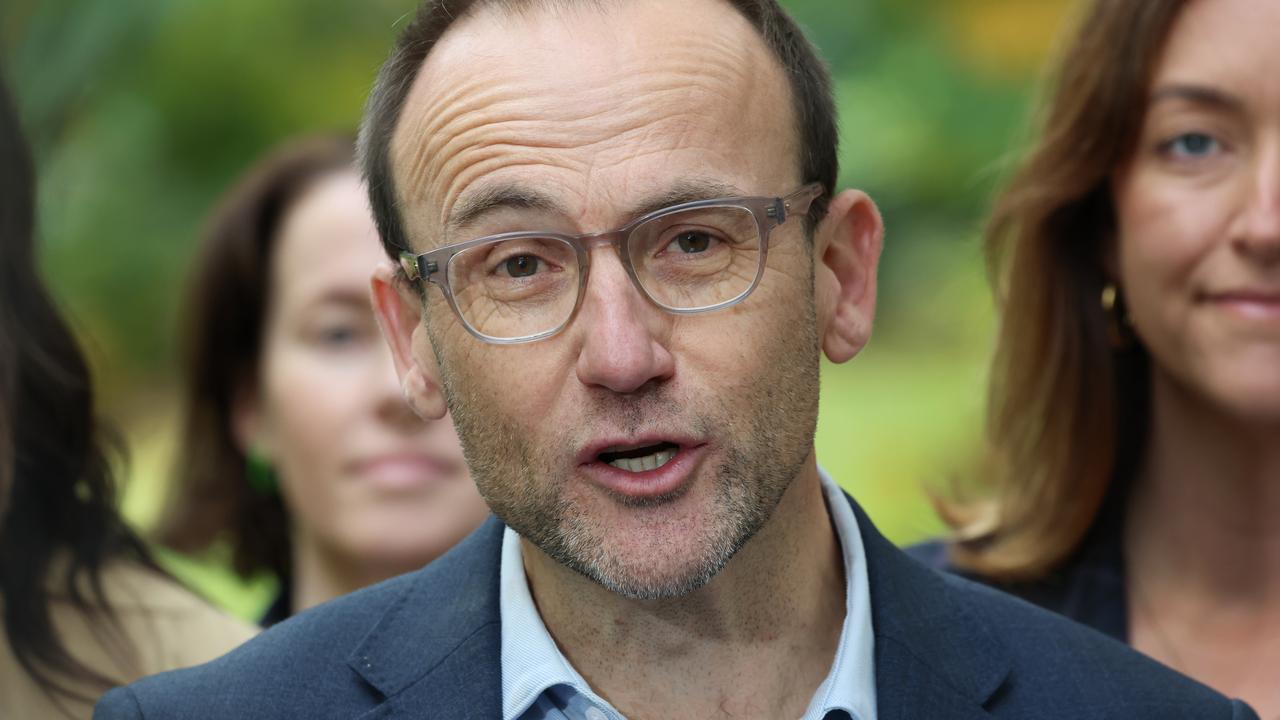Local artists travel overseas to perform, costing us $1.8m
The NSW government’s Touring and Travel Fund has spent $1.8 million in the past two years sending local bands and singers overseas to perform. See how much our artists received.
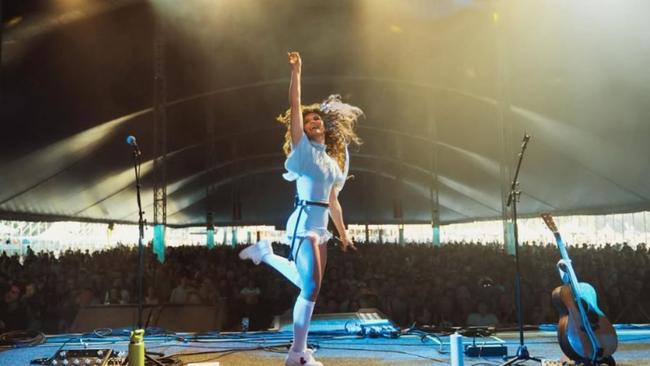
NSW
Don't miss out on the headlines from NSW. Followed categories will be added to My News.
Taxpayers have forked out close to $2 million in the past two years to help send music artists including Fanny Lumsden and The Prawn Stars, Frog Impostor and 1-800-Mikey on overseas tours to Europe and the US in the hopes international success will drive sales on home soil.
The Daily Telegraph can reveal the Minns government has spent $1.88 million since June 2023 helping send 87 artists across the globe through the Sound NSW Touring and Travel Fund scheme.
Big-name bands including Royel Otis and Sons of the East received $45,000 to tour Europe and the UK last year, while acts have been granted $21,600 on average to support performances in destinations including Canada, Japan and Mexico.
The grants, which contribute roughly a third of the touring costs paid for by the artist, aim to grow the market for NSW music abroad akin to promoting local products such as food and wine.
However, opposition arts spokeswoman Jacqui Munro said the scheme must undergo regular quality control so the people of NSW get the best return on their investment.
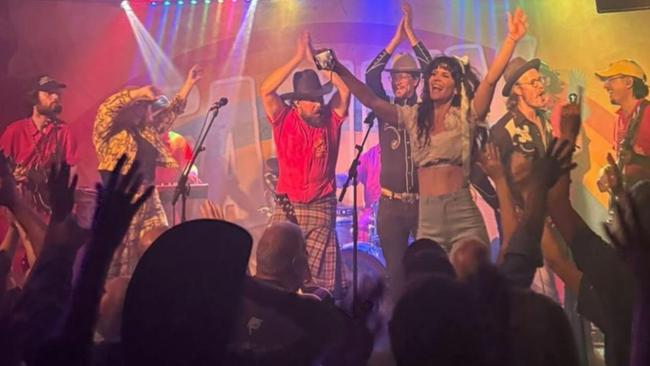
“The value of these Labor grants is significantly greater for individual acts, which calls for greater scrutiny on how taxpayer dollars are being spent for our economic benefit,” she said.
Veteran music manager John Watson, who is responsible for the success of industry titans including Silverchair and Missy Higgins, staunchly defended the scheme.
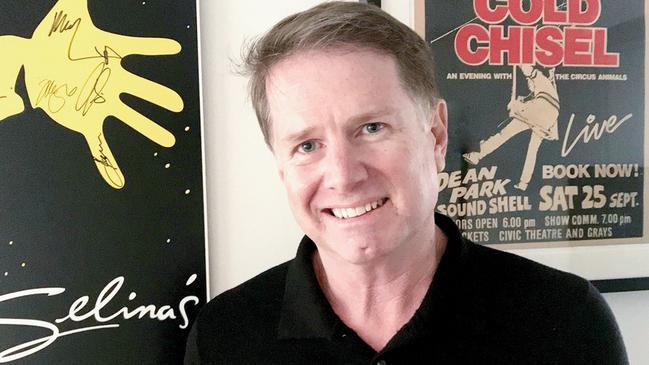
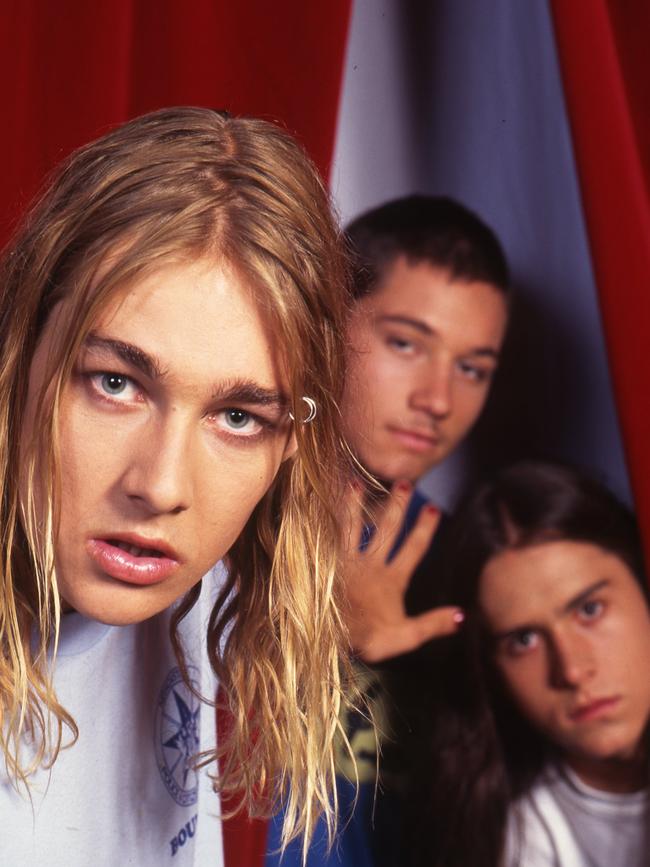
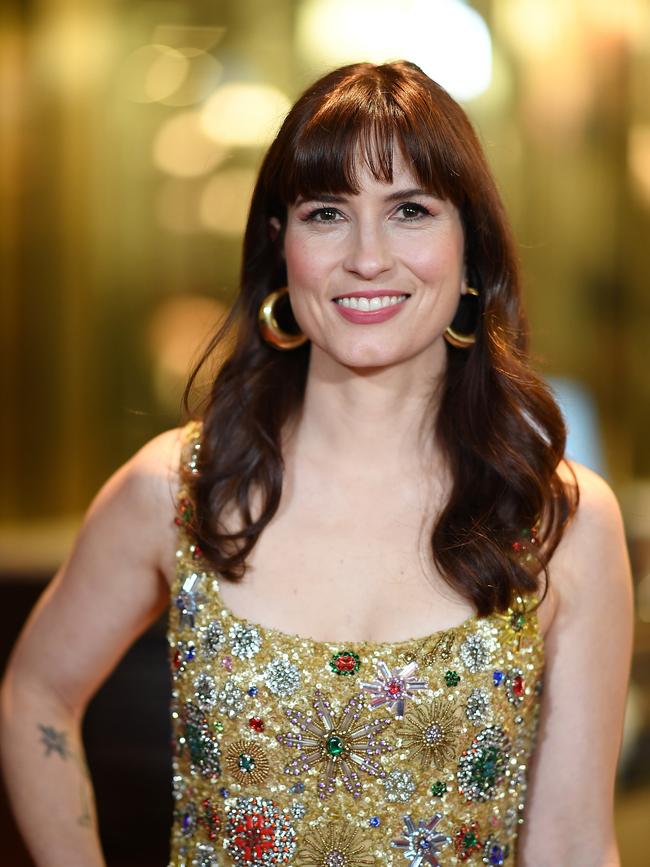
After 30 years working in the industry, he said the past decade has flipped the game on its head and Aussie artists must “make it” overseas if they want to find success on home turf.
“When I came through the music business, artists often released an album or two in Australia, and then on their third album, they would have a tilt at breaking overseas.”
The places where people discover music are typically now on global platforms, whether that’s YouTube or TikTok, Spotify or Apple Music … you’re often at a handicap in terms of being heard in your own country because most of the algorithms are curated out of overseas markets,” he said.
“So in order to be heard as a new artist, you have to be heard overseas. This is a real shift to how we grew up thinking about musical careers.“
Mr Watson said the grants were “proportionately very small” but flowed back into employing local road crew, video makers, artwork designers and hiring local rehearsal rooms.
He also recalled a time when, at the early tipping point in her career, Missy Higgins failed to secure a grant to perform in the US.
Instead, Mr Watson paid about $10,000 out-of-pocket for Missy to make the show, which landed her a record deal with Warner Brothers Records and launched her to fame.
To this day, Mr Watson says the investment paid off. But he wants the path to be fairer for the generations of artists to come.
Fast-forward decades later, about $1.48m was given to acts between 2023-2024, while $393,000 has been spent this year to help 22 artists tour mostly Europe and the US.
Singer-songwriter Go-Jo was one of the recipients of a $15,000 grant to tour the UK and Europe ahead of the Eurovision contest in May, where he will represent Australia with his song Milkshake Man.
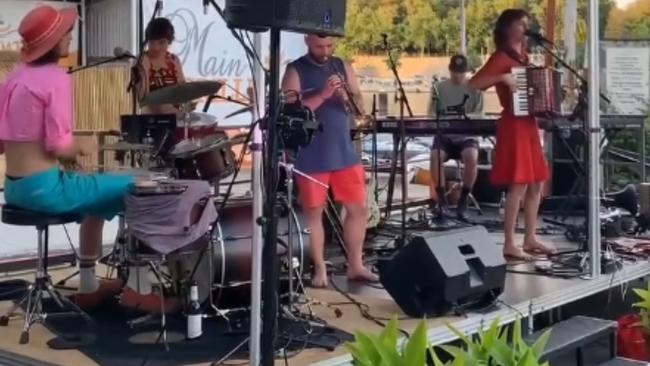
Country singer Toria Richings, who has a smaller following by Spotify standards, received $34,000 to travel to the US for performances at SXSW Austin and the Folk Alliance, as country music became one of Australia’s major cultural exports.
On the lower end of the scale, minimum grants of between $4000 and $5000 were handed out to acts including DJ and electronic dance musician Putrika.
Music Minister John Graham said the scheme was giving underdog Aussie artists a fighting chance on the world stage, in turn supporting 14,000 jobs at home in the NSW live music industry.
“All big acts start out small and the fund supports emerging artists because we need to keep building the pipeline of future stars,” he said.
“But we don’t just give the money to anyone with an electric guitar and a passport, these emerging artists are carefully assessed by an industry panel to make sure their tour is financially viable, and that they have enough experience and audience engagement for the tour to have a significant impact on their career.”
Do you have a story for The Daily Telegraph? Message 0481 056 618 or email tips@dailytelegraph.com.au
More Coverage
Originally published as Local artists travel overseas to perform, costing us $1.8m




